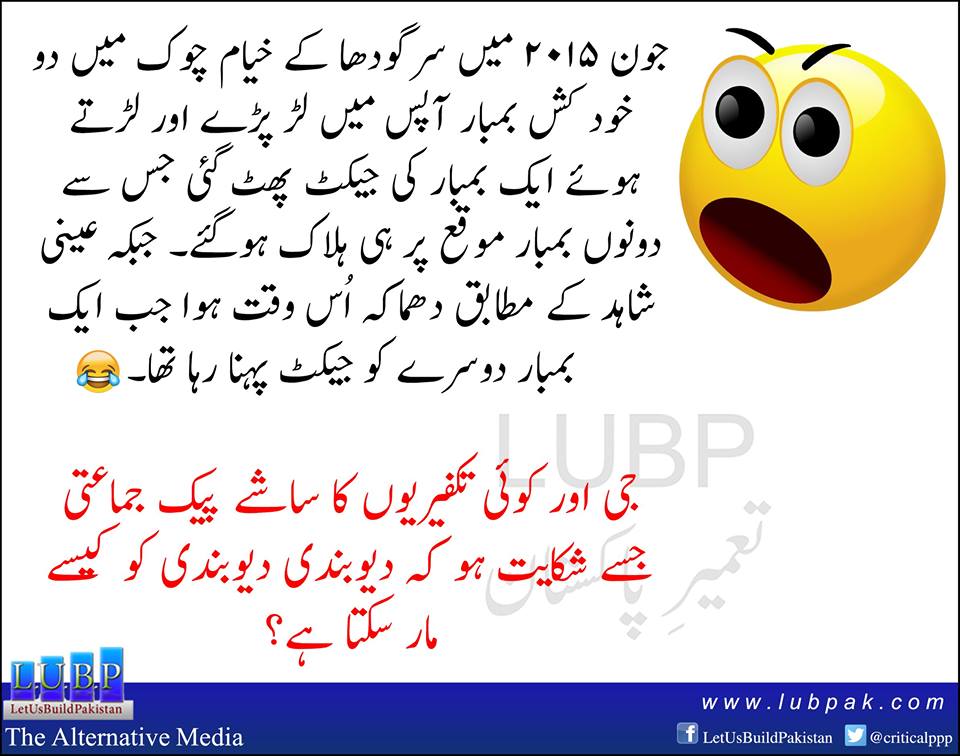Getting The Barelvi To Work
Wiki Article
The 4-Minute Rule for Barelvi
Table of ContentsThe Main Principles Of Barelvi The Greatest Guide To BarelviBarelvi for DummiesGet This Report on Barelvi
Radical Islamist teams in South Asia such as the Taliban are commonly categorized as Wahhabis, coming from the austere, puritanical form of Islam institutionalized in Saudi Arabia. While the ties between the Wahhabis and also the Taliban are tight, the last in fact belong to a different branch of the belief.Sunni Islam is separated right into 4 orthodox schools of law (Madhhabs), each of which is followed in distinct parts of the Muslim globe. A number of rites as well as prayer forms additionally differ among the schools. As the map over suggests, Wahhabism, based in Saudi Arabia, is linked with Hanbali regulation, the strictest type of Islamic jurisprudence.

" Sunni Muslims," Haqqani composes, have discarded their hostility to Wahhabi teams, developing a big number of typical Sunnis who accept Wahhabi political and also jihadi ideas without necessarily offering up their ceremonies as well as routines." As is frequently kept in mind, Saudi Arabian religious funding has assisted damage down the barriers in between the two sects.
Barelvi Fundamentals Explained
Mapping the 4 conventional institutions of Sunni Islamic regulation is reasonably simple, although the authors of the Wikipdia map published above deserve recommendation for doing an especially great task. Yet the distinctions that actually matter are not those of Madhhab, however instead are located amongst much less official as well as much a lot more recent "movements" within Islamic idea and also technique.The Deobandi activity is lined up with Wahhabism and also developments a similarly extreme, puritanical analysis of Islam. The Barelvi activity, in comparison, protects a more conventional South Asian version of the faith fixated the practices of Sufi mysticism. In India as well as specifically Pakistan, stress in between the two groups can be intense, occasionally bordering on open warfare.
As just recently reported in the, "When the Taliban took control of Buner in April 2009, they first besieged Pir Baba's shrine. Taliban leader Fateh Khan claimed it was due to the fact that the location was a hub of 'infidelity as well as idolatry.'" Because of this, numerous Sufi temples are now heavily safeguarded by Pakistani safety pressures.
One can, however, easily depict their location of origin, as both motions are called for towns in northern India: Deoband as well as Bareilli. Although radical Deobandi groups are most very closely associated with Pakistan and Afghanistan, the motion's intellectual as well as spiritual heart is still the Indian city of Deoband. Its Darul Uloom Deoband is understood to be the 2nd largest madrasah (spiritual institution) in the Sunni Muslim globe, following only Al-Ahzar in Cairo.
What Does Barelvi Do?
Strong numbers are impossible to find, the majority of specialists keep that Barelvis significantly out-number Deobandis look here not just among Indian Muslims but in Pakistan. In Pakistan, however, Deobandis have actually been progressing of late, and Barelvis retreating. According to one estimate, "some 15 per cent of Pakistan's Sunni Muslims would certainly consider themselves Deobandi, as well as some 60 per cent are in the Barelvi custom.Early Deobandi leaders were distressed by the victory of British manifest destiny and English-language education and learning, which they sought to battle by detoxifying their religion, removing magical techniques and other developments that they considered as unlike the belief (Barelvi). One of the most hardline why not try these out Deobandis pertained to relate to Barelvis, in addition to Shiites, as non-Muslim opponents deserving of strike.
Deobandi reasoning is as well conventional to be nationalistic, regarding the community of the faithful, not the modern nation-state, as the appropriate Quranic political lorry. Many Deobandi scholars denied the partition of British India in 1947, liking to look for the spread of Islam in an undistracted India. The suggestion of Pakistan, in addition, was originally welcomed by Muslim teams detested by the hardline Deobandis (Barelvi).
In time, nonetheless, orthodox Sunni Islam came to control Pakistan. President Muhammad Zia-ul-Haq (1978-1988) strove to turn Pakistan into a fundamentalist Sunni state, formally declaring the heterodox Ahmadis to be non-Muslims. Therefore, the Pakistani government significantly veered in the instructions of the extreme Deobandi movement. The link, however, is a two-edged sword for modern Pakistan, as the Deobandi faithful ultimately have contempt for national identifications as well as boundaries.
Getting My Barelvi To Work
Doubters connect it to terrorist organizations; the Taliban, besides, got up of Deobandi madrasahs in northeastern Pakistan, as did several other violence-prone companies. Outrageous fatwas (religious rulings) do not assist its online reputation. In May 2010, a mandate that ladies can not function for earnings shocked mainstream Muslim point of view worldwide. (The referred to it as a "Talibanesque fatwa that reeked of tribal patriarchy.") Much more awkward was the 2006 "fatwas for cash money" bribery scandal, which was exposed by an Indian tv sting operation.
As Abedin creates: On the question of this page so-called Wahabism I put it to Madrassi that numerous critics of the Deoband seminary case that Deobandi beliefs are simply a small action away from full-blown Wahabism. In reaction the deputy Vice Chancellor makes a clear separation in between both schools of idea, before adding that if we think about the Wahabis as well as the Barelvis as two extremes, the Deobandis occupy the centre ground in that continuum.
Report this wiki page